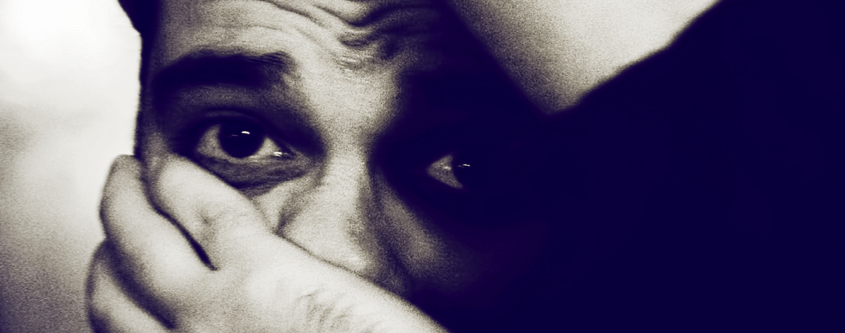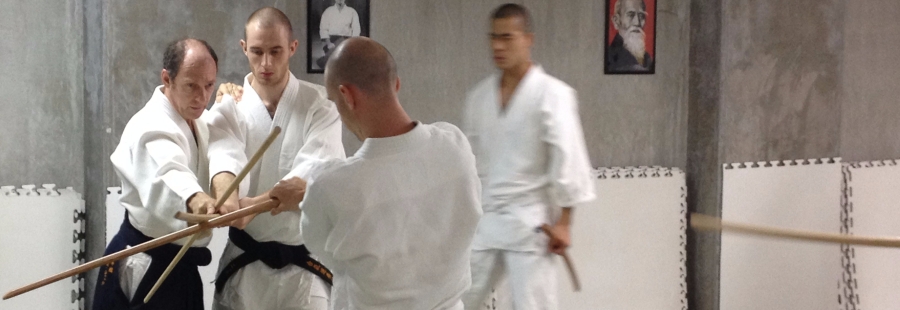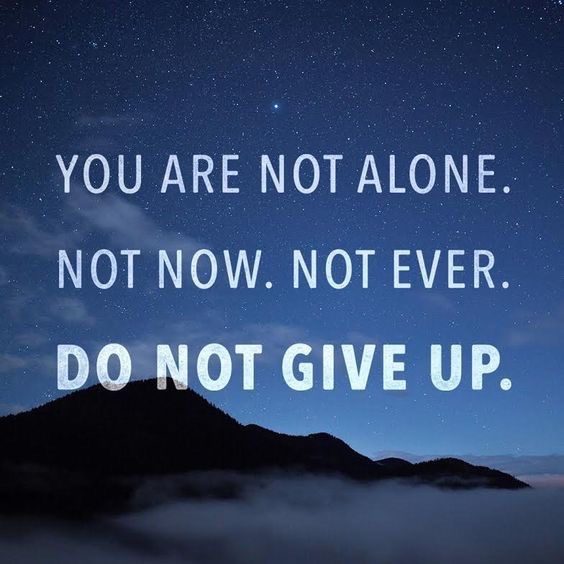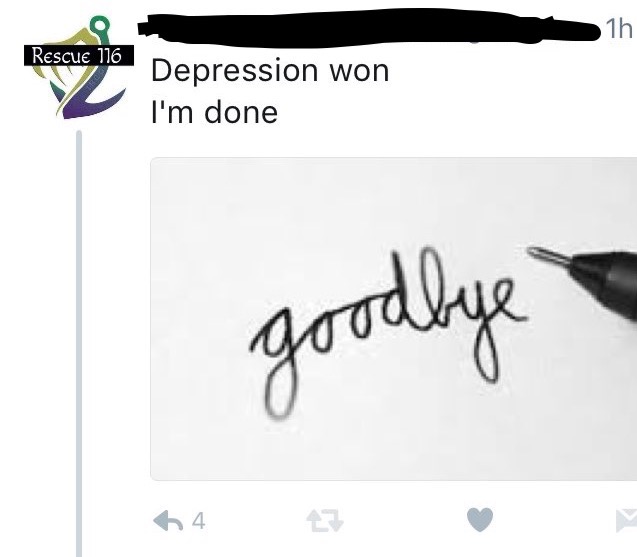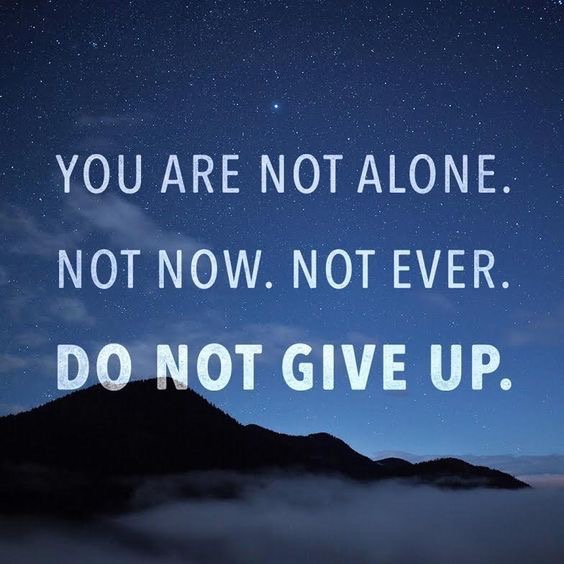Here are the last five lessons of the 20 lesson series. I hope that you’ve found these both interesting and helpful.
15: Learn who to share with, and what to share with whom
This is another lesson about mental health and processing the things that we see every day at work. I would venture to say that this applies not only to the things that haunt us, but also how we share the day-to-day traumas and tragedies that we are called to. I would think that this would not only allow us to process effectively, but also protect those we love outside of our professional environments.
I have found that sharing comes in two different ways for me. First, I share and process (or debrief, if you like that word more) the technical and graphic things with co-workers. I will tell them the gory details of a call, such as how a patient was found, or the extent of injuries. I will process with them things like my thought process on how or when to decompress someone, or the difficulty managing a crashing CHF patient. My brothers and sisters in public safety have the unique ability to understand what I am talking about. They too have managed these challenging scenarios and comprehend the fear, the rush, and the pride of a job well done. I want that space to vent about things like this safely and with people who don’t understand. I want this space because it feels safe and not like people are voyeuristically trying to see what our jobs are like or what “the worst thing you’ve ever seen” is. They are just family, able to understand our unique living environment.
Speaking of family, we do have those real people in our lives that we go home to at the end of a shift. They might be a spouse, significant other, or roommate. We might have to come home from a horrific call and then figure out quickly how to integrate back into “normal” life. For this, I suggest pre-establishing ideas about how to take time when you get home to switch gears. I also strongly suggest to people that they not share the gory details of your shift, unless the person you are going home to is also on the job somehow. Alternatively, I suggest that you share with these people the emotions of the job. While they might not understand the emotions of fighting to save a patient and then watching them die, they will understand if you can reframe that experience into asking them to think about something like a job they fought for and then weren’t hired. They might be able to understand the idea of fear when one is processing being assaulted if they have ever been in a car crash before. There are always similarities in emotions. To be honest, the only universal human emotion is probably sadness, so this shouldn’t be a huge step. This also protects these individuals from unnecessary trauma hearing about the horrors, but allows them a place in our healing, which is as good for them as it is for us.
16: Practice doesn’t make perfect, perfect practice makes perfect
As I was walking out of the ED one night to get back in the ambulance, I told my intern that, “Practice makes perfect!” I was quickly rebuked – in a wonderfully respectful way – by a physician that I knew well. He ran after us and pulled us aside, and said, “Tim, I heard what you said… But remember, practice makes habits. Perfect practice makes perfect!”
What a gift that this doc gave me. It was insight that I hadn’t put words to, and yet seems to be an easy thing to understand, even if its really hard to accomplish. To me, this meant no short cuts. Do things the right way, every single time. From personal preparation (ambulance, equipment, and protocol knowledge) to the phycho-motor skills of something like intubation (i.e., opening the mouth, gently inserting the laryngoscope, viewing the epiglottis, then the glottic opening, etc.), deliberate and consistent action, rooted in deliberate and consistent practice, allow for perfection.
And let’s be honest for a second: we will never be perfect. It’s the fruit just out of reach, the mountain we just can’t climb. (Wasn’t there a Howard Jones song about this?) Does that mean that its not worth striving for? Not at all… Get after it and never quit trying to improve either your knowledge or skills to create as close to perfection as possible in your practice of paramedicine.
17: Make use of your time at the hospitals between calls
There is always the temptation for people after a patient is dropped off to sit in the ambulance bay and check Twitter or Facebook. Or, lets be honest, to take a nap. Some of the best times of learning that I ever experienced though were during those long hours at night in between calls, and visiting with the hospital staff. This is similar to my suggestion about asking our brothers and sisters in law enforcement and the fire service to teach us. I learned about pediatric codes and tricks to neonatal resuscitation. These lessons were critical in my career and directly affected the care I gave to so many critically ill children. I grew in my understanding of EKGs by having physicians go over 12-leads with me, learning the minutia of the bumps and squiggles. I distinctly remember sitting in the trauma room with the attending surgeon, who graciously took her time explaining more of the kinematic of blunt trauma to the flank, and the concerns that mechanism raised for her.
There was a secondary benefit to all of this as well. These relationships paid off more than anything I could imagine. It gave me credibility to bring patients in to the hospital and be deeply trusted by the staff. They knew that I was serious about my medicine, and they knew that what I said to be true about what I saw in the field, absolutely was.
The perfect example was the gentleman who called for diffuse abdominal pain, but was pink, warm, and dry, with vital signs that would be typical for a calm, healthy man in his late 20’s. I don’t know what triggered it, but all of a sudden I asked the crew to increase the patient’s oxygen to get it above 96% SpO2, and to start two large IV’s, and do serial 12-leads. We were only a few blocks from the hospital, and I had my partner call them and tell them we were coming in lights and sirens with a critical medical patient. When she asked why, I told her to tell the ED that I just had a bad feeling about the patient. We wheeled in less than five minutes later, and the attending met us at the door, a little frustrated with the lack of information. I think she was looking to chew some paramedic butt out for the nonsense of a reason for a critical patient, but when she saw me, and I said I just had a bad feeling, Dr. K paused and said, “OK, thats odd, but its good enough for me… Take him to Trauma Bay 1 and let’s work him up.” There’s no better feeling than knowing you are trusted. (Turns out, the patient had just had gastric ulcer surgery, and while I thought he might have an MI, he was actually hemorrhaging massively internally. He ended up crashing during a bronchoscope, losing about 1.5 L of blood from upper and lower ends, and died in the ICU after the trauma surgeon tried to salvage him.) This just goes to show, that even though my diagnosis was way off, trusting one’s gut instinct, coupled with the respect of my hospital colleagues, meant the patient had the best chance he was going to get. That vote of confidence from Dr. K still sticks with me to this day.
18: As a paramedic, train your partner if they are an EMT. If you are an EMT, learn all you can from your paramedic
I find this to be so important. The relationship between partners is probably the most important thing to develop each shift. Investing in this relationship really is a force multiplier when it comes to patient care. I always took the time to park somewhere when we weren’t running calls, I would sit in the back and go over things like doing 12-lead EKGs with my partner. I wanted them to understand not only what we did, but why we were doing it. I wanted to make sure that they knew how to set up pediatric drip sets, or all the things that I would need to incubate someone. Again, the dividends payed off so much for my patients by doing this.
A hunter and his friend were lost and trying to drive to the hospital after a night of boar hunting, and saw the ambulance parked behind the fire station. The driver pulled in and came knocking on the door almost at shift change at 0700. My partner and I casually walked out, thinking it was just a random person asking directions, and he said the passenger in his truck might be having a heart attack. As soon as we opened the door to the truck and we saw the passenger, we knew this was a very sick individual. He was ashen and profusely diaphoretic. My partner, Jon, ran to grab our monitor and bag and hit the siren to get the firefighters out to help us. In under 90 seconds, Jon and I had a nasal cannula on the patient, SpO2, a blood pressure, 12-lead, and aspirin and a first dose of nitroglycerin.
90 seconds. The only way we were able to accomplish that was communication and training. I taught Jon everything I thought would help me out if we were ever with a really sick cardiac patient on our own. When he didn’t know something or understand a concept, we would stop and take a break, working through it until we flowed. It can be done, but it does take work on both ends.
19: Don’t give in and be the lowest common denominator at work. Fight to give the best, most creative care possible to your patients.
It has been my experience that there is often a tendency of older paramedics and EMTs to talk about how things have “changed, and not for the better,” or how “its not as good as the old days.” I have two thoughts on that.
First, its never as good as the old days. It’s been proven in studies that our perception changes over time, and that the old days had just as many problems as our current situations. Let that sink in. Don’t be fooled by that. We tend to block a lot of the negativity out of our systems.
Secondly, we have the absolute power to control our attitude. In the immortal words of Michelle Obama, “when they go low, we go high.” I have worked with some really negative people. It is my choice if I choose to feed off them, or I work deliberately to make them have a good day. When assigned with a negative partner for one day, I’ve bought coffee, engaged in conversation, and made them engage with me. When I’ve been assigned with someone for six months or a year, I have done all the same things. I have fought deliberately to include that person in time around the table at the station after dinner, and treated them as well as humanly possible. I also communicate explicitly to them that I do not want to be negative and hate my job. I love my job, and will continue to, so we might as well have fun. And in every case, I have ended up converting that partner’s attitude and we have had a great time.
Finally, learn your protocols as well as possible so that you can raise the level of care in your agency. It is tempting sometimes when you are tired to not push hard, and to just do what the line items say in the policy manual. I remember being dispatched to a nursing facility for someone with acute COPD exacerbation. We had just gotten magnesium sulfate on the ambulances to use in cases of severe pre-eclampsia or eclampsia. Knowing that the magnesium is used in hospital for severe shortness of breath also, I decided to contact my base physician when my patient was having such incredible difficulty breathing. The mag was in our scope of practice, just hiding in a different protocol. I explained my thoughts and rationale (always present a problem along with the solution!), and he agreed with me and let me give the mag, even though it was slower acting. Knowing a I had a long transport and a sick patient, i was able to elevate the level of care given because I was well aware of my protocols. Never give up pushing that attitude, because with that, comes pride, and pride in yourself and your medicine makes having a good attitude so much easier!
20: HAVE FUN
That is the perfect segue to my last thought. HAVE FUN. We have the most unique opportunity to help people on a regular basis. We are able significantly impact multiple people’s lives every day. We work with some of the most selfless and amazing humans, who will risk everything for strangers. We are given tremendous responsibility, but also incredible autonomy. We are living little kid’s dreams, and we should never forget that. We are doing a job that for most of us, we identify with much more than just way to earn a paycheck, but something that is deeply fulfilling at the level of our souls. We are given everything we need to create, at least in our down time, to have a perfect day, almost any day. I believe that a lot of this has to do with our expectations. For example, one of the best pieces of advice I ever received was to expect to be held over on a late call. If I had the expectation that I wasn’t ever going to get off “on time,” then I could change my perspective to that of when I did get off on time, which was more often than not, I could really celebrate an extra hour or two of freedom (or sleep). Simple things like reframing our situations contribute to this. Remember that our job exposes us to how quickly life can change. We all know this. Don’t forget to appreciate all the little things each day. Take time to laugh hard, to love hard, to be present with the ones we love.
These are my thoughts on the most important 20 Lessons I’ve Learned in EMS over the almost 24 years since I received my EMT. Thank you again for all who have read, and for all who have inspired these thoughts. You have made my career absolutely unforgettable and I couldn’t imagine better people to work with.

